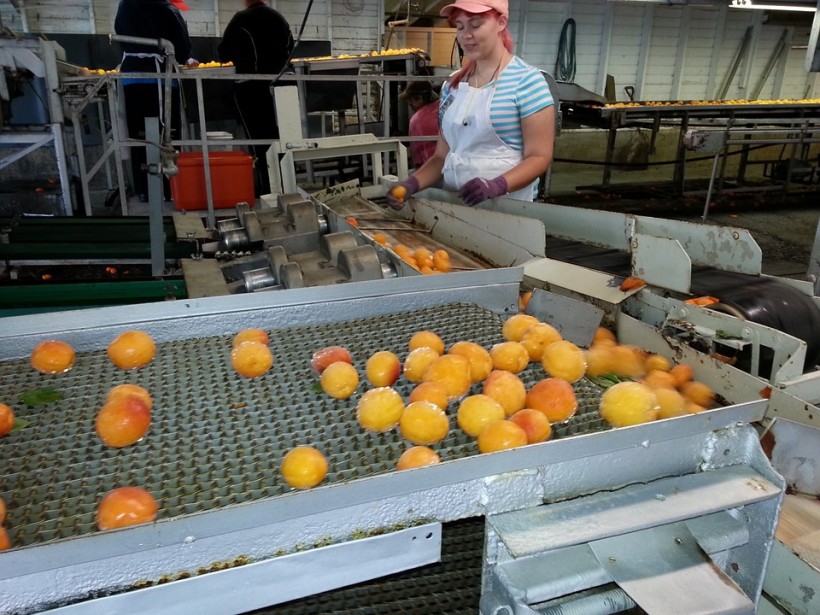
(Photo : Pixabay)
Are you a food manufacturer, constantly asking yourself whether you need a food manufacturing system? Here is a lot more you should know about automating your food business if you do.
Today, food and beverage businesses face more significant difficulties than they have in the past. Manufacturers in the food sector must solve increasingly complex problems to remain compliant and navigate the industry. When the needs of consumers start to outgrow your business, you may find yourself slapping on Band-Aids without thinking about the ramifications for long-term development.
The good news is that if you have invested in the appropriate infrastructure - food manufacturing ERP, procedures, and people, to enable successful handling of the challenges that come with the rapid changes, see, some growing pains can be avoided.
What can today's food and beverage businesses expect from automation to leverage the capabilities of food manufacturing to address their problems in such a competitive market?
● Raw Material and Product Traceability
Food manufacturers are increasingly compelled to pay attention to traceability and compliance strategies, which is a good sign for the industry.
Food producers can reduce inefficiencies in their supply chain by lowering manufacturing expenses, reducing the risk of product recalls, and controlling end-to-end traceability of processes.
● Food Safety Compliance
Consumers are most concerned about food safety, with E. coli, Salmonella, mad cow disease, SARS, and genetically modified organisms being developed every day all over the world.
In the food sector, being able to track (farm to fork produce) and trace (fork to farm) product information is critical. Having a food manufacturing system to trace components, ingredients, and much other vital information has a significant impact on the food manufacturing processes.
● Reducing Inventory Updates
Food and beverage businesses create new recipes and ingredients, develop new items, and alter package sizes to boost sales.
Constantly updating an inventory may be a problem but not anymore with a food ERP. It will offer the solution to many challenges you may experience in your food business.
● Planning and Forecasting
For food and beverage manufacturers, the disconnect between sales and supply chain efforts on what should be made, when it should be delivered, and where it is required is typical.
Having a food manufacturing ERP is key to business processes. An ERP enables factory scheduling, costing, master scheduling, capacity measuring, materials verification, etc. It has a profound impact on a business owner's combined operations - and lastly, the business's bottom line.
A supply chain management plan that includes bespoke planning and forecasting results relieves much of the pressure associated with introducing new items, responding to seasonal changes in demand, and switching to new package sizes.
A food manufacturing ERP that works well along with effective business automation and food production has the potential to boost productivity while remaining compliant. The system helps food and beverage business owners manage the intricacies of the food sector's regulations, quality for items, need for faster inventory turns and accurate deliveries, as well as safety concerns.
* This is a contributed article and this content does not necessarily represent the views of hngn.com








